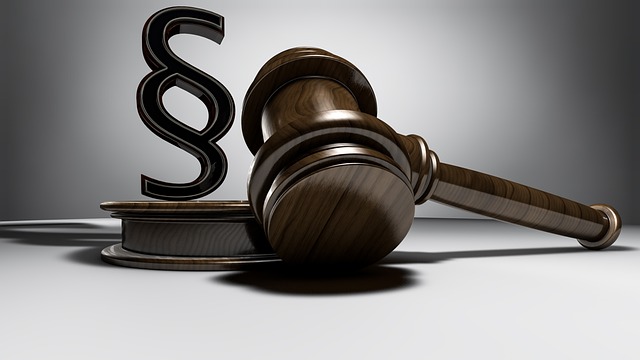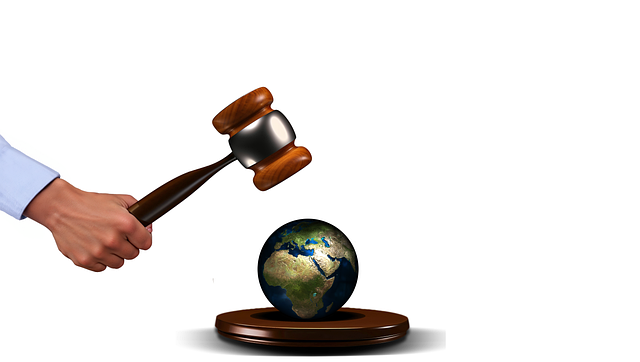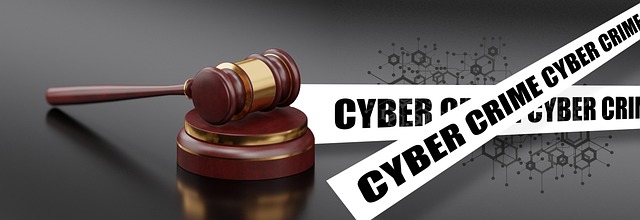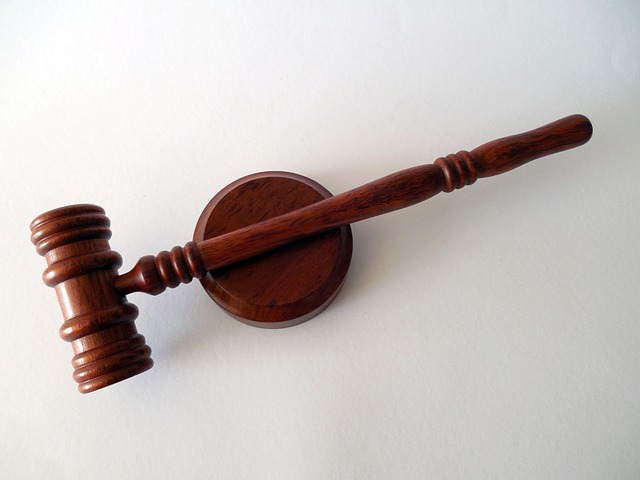Antitrust litigation strategies are vital tools for protecting consumers from unfair tech company practices, with significant impacts on industry standards and public trust. In a rapidly evolving digital landscape, tech giants like Google have faced scrutiny over dominant market positions and acquisitions, leading to increased regulatory focus on transparency and fair competition. To defend against consumer protection suits, tech companies should employ robust strategies: challenging allegations with evidence of compliance, leveraging expert testimony, and adopting comprehensive approaches including internal investigations and proactive compliance measures. By staying informed about data privacy concerns, algorithmic bias, and industry best practices, tech firms can navigate complex legal landscapes and maintain effective antitrust litigation strategies responsive to consumer protection demands.
Consumer protection suits play a pivotal role in ensuring fair practices within the tech industry, where rapid innovation often outpaces regulatory catch-up. This article delves into the intricate world of antitrust litigation as a key strategy to safeguard consumers. We explore how legal perspectives shape these cases, focusing on notable examples involving tech giants. Additionally, we uncover emerging trends, providing insights into effective defense strategies for companies navigating this complex landscape. Key terms, such as ‘antitrust litigation strategies for tech companies’, are woven throughout, offering a comprehensive guide for understanding and mitigating consumer protection risks.
- Understanding Consumer Protection Suits: A Legal Perspective
- The Role of Antitrust Litigation in Tech Industry Regulation
- Common Strategies for Defending Against Consumer Protection Claims
- Case Studies: Notable Antitrust Litigation Involving Tech Companies
- Navigating the Future: Emerging Trends and Best Practices
Understanding Consumer Protection Suits: A Legal Perspective

Consumer Protection Suits, from a legal standpoint, are pivotal in upholding the rights of individuals within the complex web of modern commerce. These suits encompass a broad spectrum of legal actions aimed at safeguarding consumers from unfair, fraudulent, or deceptive practices. In the realm of tech, where innovation often outpaces regulation, antitrust litigation strategies have emerged as powerful tools for ensuring fair competition and protecting consumer interests.
Tech companies, given their unprecedented track record in shaping the digital landscape, often find themselves at the center of such legal battles. The intricate nature of these suits demands a deep understanding of both the respective business practices and the evolving regulatory framework. Whether through mediation, settlement, or high-profile jury trials, the outcomes can significantly influence industry standards and consumer trust.
The Role of Antitrust Litigation in Tech Industry Regulation

In recent years, antitrust litigation has emerged as a significant tool for regulating the tech industry. As tech companies grow and evolve, their market dominance can lead to anti-competitive practices that hinder innovation and consumer choice. Antitrust litigation strategies employed against these behemoths often aim to break up monopolies or force changes in business conduct. The legal battles can range from challenging mergers and acquisitions to examining the abuse of platform power, data privacy concerns, and anti-competitive pricing strategies.
Beyond winning challenging defense verdicts, tech companies also employ philanthropic and political communities as part of their white collar defense strategies. This approach involves engaging in public relations campaigns, collaborating with industry peers, and supporting regulatory initiatives to shape the legal landscape in their favor while ensuring compliance with evolving antitrust laws. Such proactive measures are crucial for navigating the complex web of global competition and maintaining a sustainable business model in an ever-changing digital environment.
Common Strategies for Defending Against Consumer Protection Claims

In the realm of consumer protection suits, particularly for tech companies facing antitrust litigation, a robust defense strategy is paramount. One common approach involves challenging the validity of the allegations by presenting extensive evidence that demonstrates compliance with relevant laws and regulations. This often includes detailed documentation of internal policies and procedures designed to uphold ethical business practices. By showcasing a transparent and well-structured framework, tech giants can argue against claims of anti-competitive behavior or consumer exploitation.
Another powerful defense mechanism is the utilization of expert witness testimony. Engaging industry experts who can provide insights into the competitive landscape and market dynamics helps reshape the narrative. These experts may counter plaintiff arguments by explaining how industry standards and technological advancements are essential for innovation, thus benefiting consumers in the long run. This strategy aims to achieve a complete dismissal of all charges, as it provides a nuanced understanding of the legal and economic context surrounding antitrust litigation strategies for tech companies across the country.
Case Studies: Notable Antitrust Litigation Involving Tech Companies

Notable antitrust cases involving tech giants have shaped strategies for navigating complex regulatory environments. One prominent example is the litigation against Google, where regulators focused on its dominant market position in search and advertising. This led to a scrutiny of its acquisition practices and potential anti-competitive behaviors. By examining these cases, tech companies can learn valuable lessons about transparency and the importance of adhering to competition laws.
Antitrust litigation strategies for tech firms must consider all stages of the investigative and enforcement process. From initial inquiries to potential settlements or trials, companies should aim to demonstrate fair market practices. For his clients, this involves thorough internal investigations, proactive compliance measures, and effective communication with regulatory bodies. By adopting these approaches, tech companies can mitigate risks and avoid indictment while fostering trust among consumers and regulators alike.
Navigating the Future: Emerging Trends and Best Practices

As consumer protection laws evolve to keep pace with the digital age, so too do the challenges faced by businesses, particularly tech giants. Antitrust litigation strategies for tech companies must adapt to emerging trends such as data privacy concerns and algorithmic bias. These issues often extend beyond jurisdictional boundaries, requiring a nuanced approach to navigate complex legal landscapes across the country.
Best practices in this arena emphasize proactive measures like robust internal audits and transparent reporting. Companies should foster a culture of ethical conduct and accountability to mitigate risks associated with white-collar and economic crimes. Moreover, staying abreast of legislative changes and industry best practices ensures that antitrust litigation strategies remain effective and responsive to evolving consumer protection demands.
Consumer protection suits, particularly those involving antitrust litigation in the tech industry, require a nuanced understanding of legal strategies. By examining common defense approaches and studying notable case studies, tech companies can better navigate these complex matters. Embracing emerging trends and best practices in antitrust litigation strategies is essential for tech businesses aiming to protect their interests while ensuring fair market competition. Such proactive measures will be pivotal for companies seeking to thrive in an ever-evolving digital landscape.






